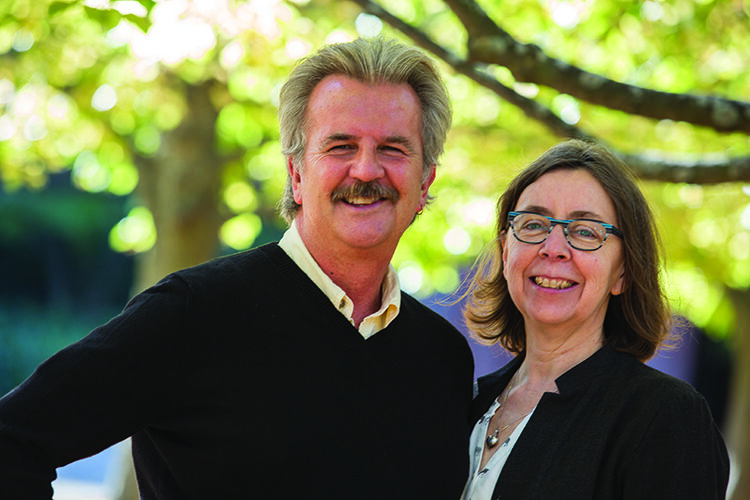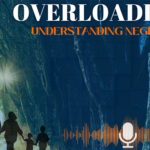A one-size-fits-all approach doesn’t work when it comes to supporting first-generation college students, according to Robert and Hope Longwell-Grice. They’re published a book that explains why.
“Two books came out about 10 years ago and treated first generation students as this monolithic group… ‘All first-generation students do this, and all first-generation students do that,’” said Robert Longwell-Grice. “I knew from being in the field that wasn’t true.”
Longwell-Grice, who recently retired as the recruitment and scholarship coordinator for the UWM School of Education, joined with Hope Longwell-Grice, senior associate dean of the School of Education, to write a book. “At the Intersection: Understanding and Supporting First-Generation Students,” published this spring, looks at the multiple experiences and backgrounds of first-generation students and offers recommendations for supporting their efforts.
Experience and expertise
The book builds on both of their experiences and expertise. A first-gen student himself, Robert began researching and writing in this area with his dissertation on the experiences of white males from low-income backgrounds who were first-generation students. Since then, his work has included over 50 articles, chapters and presentations. Robert is co-editor of the “New Journal of First Generation College Success,” which debuted this spring. In collaboration with Robert, Hope has written a number of journal articles on the topic.
The book, organized around four areas, is designed for the academic professional and for use in college classrooms. The first part lays the groundwork for the reader, including a look at the data on first-generation students in both two- and four-year colleges. Chapters in Part 2 reveal the intersections of the individual and overlapping identities of LGBT, low-income, white, female, male, undocumented, Latinx and Native American students and their first-generation status.
Part 3 describes the programs and practices across the country that are designed to support first-generation students. The final part makes recommendations for how colleges and universities can meet the needs of these diverse and overlapping groups of first-generation students.
Contributions from alums
Students and graduates who’ve lived the experience of being the first in their family to go to college contributed short reflections throughout the book. Among those writers are two School of Education alums, Nathaniel Deans, who works in the Department of Black and Latino Male Achievement at Milwaukee Public Schools, and Dr. Pablo Muirhead, chair of teacher education at Milwaukee Area Technical College.
“Intersectionality (of students’ identities) matters for the success of students, for interactions with faculty, and for programming on campus,” Hope said. “Being not only knowledgeable of but sensitive to the lived experiences will matter in student engagement, success and satisfaction.”
“First-generation students do tend to have some common concerns,” Robert said. One concern may be developing a sense of belonging on campus, especially if they’re commuting. “Their friends and families may not understand what they are going through because the college experience is unknown to them.
“The colleges and universities that have been most successful in supporting first-generation students use some form of mentorship,” Robert said. “Research suggests that students benefit when they have a champion – one individual advisor or faculty member who takes them under their wing and helps them through the college going process.”
“More often than not, advisors and faculty come in and out of students’ lives,” Hope said. “To really improve the success of first-gens, they need somebody who says, ‘You have what it takes. Let me go the extra mile with you.’”







